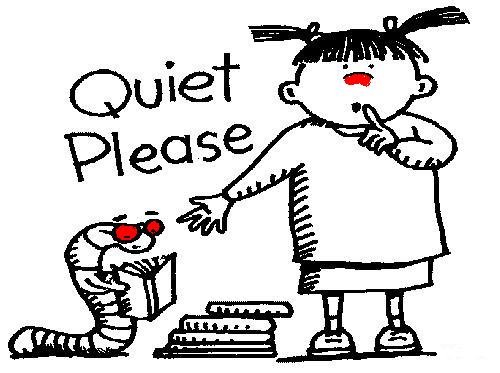
Type I
Die Erfüllung der Bedingung ist sehr
wahrscheinlich. (was wird sein, wenn...) | if-clause | main-clause |
| If + simple present | - will future
- modales Hilfsverb (can, must, may + Infintiv)
- Imperative |
| If I learn,
If Ben gets up early,
If you see John tonight, | I will pass the exams. (will future)
he can catch the bus. (Hilfsverb)
tell him to email me. (imperative) | |
Type II
Die Erfüllung der Bedingung ist
unwahrscheinlich (aber grundsätzlich noch möglich).
(was wäre, wenn...) | if-clause | main-clause |
| If + simple past | - would/could/might + Infintiv |
| If I learned,
If we told them the truth,
If you took more exercise, | I could pass the exams.
they wouldn't believe us.
you might feel better. | |
Type III
Die Erfüllung der Bedingung ist
unmöglich (weil man von der Vergangenheit spricht).
(was hätte sein können, wenn... / was wäre anders gelaufen, wenn...) | if-clause | main-clause |
| If + past perfect | - would/could/might + have + past participle |
| If I had learned,
If I'd had enough money,
If Anne hadn't lent the money, | I might have passed the exams.
I could have gone to California.
we wouldn't have been able to buy the car. | |
Beachte:
- Der if-Satz kann auch dem Hauptsatz nachgestellt sein/werden.
Achte immer darauf, wo der if-Satz steht - Kommaregelung:
Steht der If-Satz am Anfang, so steht an dessen Ende ein Komma,
steht jedoch der Hauptsatz am Anfang, so wird kein Komma verwendet, denn durch das "if" ist die Abgrenzung eindeutig.
Beispiele:
1) If I have time, I will phone you. → I will phone you if I have time.
2) If he had more time, he would help her. → He would help her if he had more time.



No comments:
Post a Comment